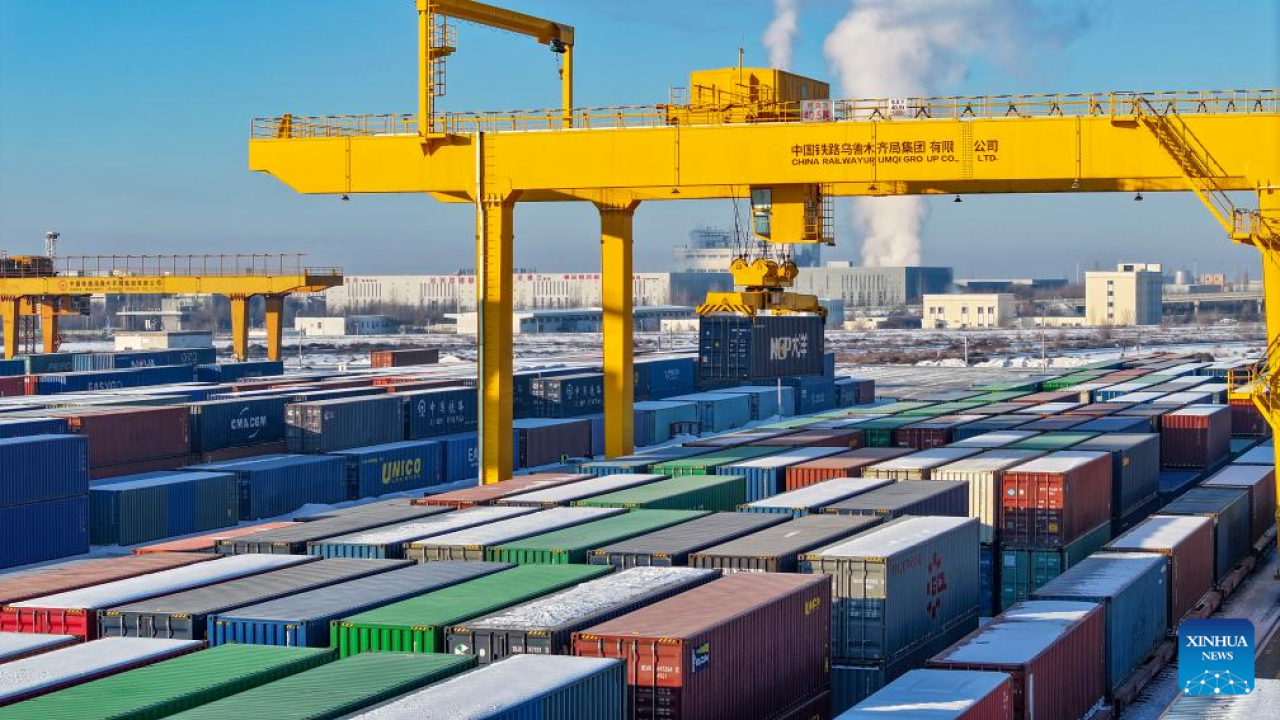
It expects the Asian giant's GDP to grow by 4.9% in 2024, one-tenth more than estimated last June, while it is confident that the expansion of the Chinese economy in 2025 will be 4.5%, compared to the 4.1% previously projected.
China's economy will grow this year and next slightly more than the World Bank had forecast in June, warning on Thursday that subdued domestic demand and a prolonged slowdown in the property sector will impact the performance of the world's second-largest economy, which Beijing is seeking to alleviate by deploying stimulus measures aimed at balancing short-term support for domestic demand with longer-term financial stability objectives.
The International Monetary Fund's (IMF) sister institution now expects China's GDP to grow by 4.9% in 2024, one-tenth more than estimated last June, while it expects the Chinese economy to expand by 4.5% in 2025, compared to the 4.1% previously projected.
Thus, while recent policy easing measures are expected to provide moderate support to the economy, the World Bank warns that subdued household and business confidence, coupled with headwinds in the property sector, will continue to weigh on China's growth in 2025, which will continue to be affected by structural constraints such as low consumption, high debt levels of property developers and local governments, as well as an aging population.
"It is important to balance short-term support for growth with long-term structural reforms," said Mara Warwick, World Bank country director for China, Mongolia and South Korea, who believes that addressing challenges in the real estate sector, strengthening social safety nets and improving local government finances is essential "to unlock a sustained recovery."
In its analysis, the institution states that China's economy faces internal risks such as a more persistent slowdown in the real estate sector that could further weaken investment and local government revenues, as well as a further weakening of labor market conditions, which could reduce consumption.
Globally, heightened trade uncertainties pose risks to China's exports.
On the positive side, it notes that higher-than-expected fiscal spending and more decisive policy measures to stabilise the real estate sector, following recent guidance from the authorities, could lift the growth forecast above the current baseline projection.
It also underlines the importance of improving economic mobility in China to help overcome rural-urban gaps, reduce income inequality and generate greater domestic consumption, a key pillar for rebalancing the economy towards more sustainable growth driven by domestic demand.
In this regard, while the size of China's middle class has expanded significantly since the 2010s, reaching 32% of the population in 2021, World Bank estimates suggest that approximately 55% of the country's population remains economically insecure.









